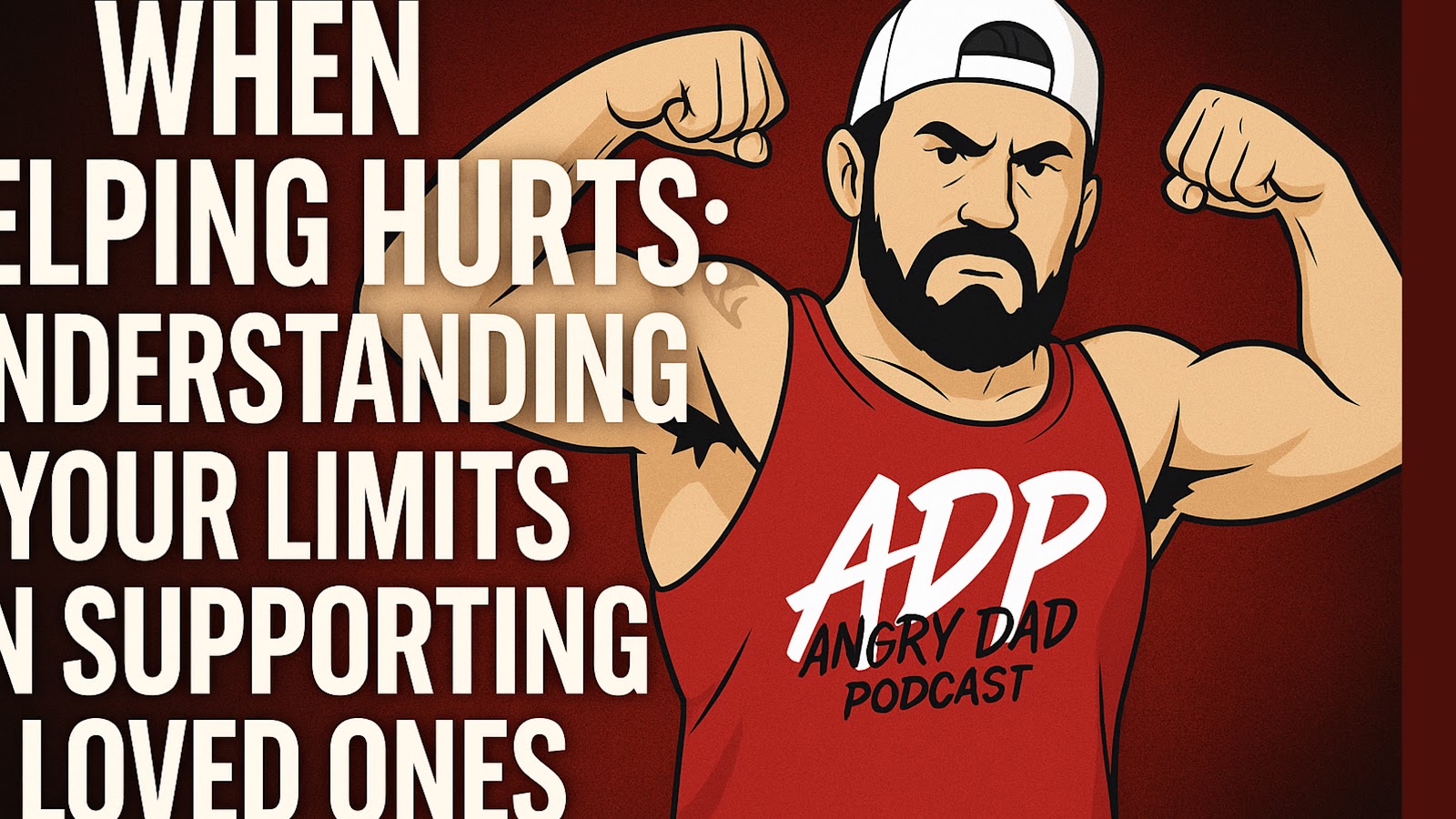Navigating the Challenges of Helping Others: Finding Your Balance
In today's world, lending a helping hand seems like second nature to many of us. We often feel it is our duty to support our family, friends, and even strangers when they are in need. But what happens when the act of helping starts to hurt us? How do we figure out where to draw the line between being there for someone and protecting our own well-being?
Balancing Help and Self-Care
Helping others can be incredibly fulfilling. The joy of seeing someone you care about succeed because you helped them is unmatched. But sometimes, we encounter situations where no matter how much we give, the other person simply isn't ready or able to receive that help. As harsh as it may sound, some people thrive on chaos or are unable to escape it due to their circumstances or mindset. This raises an essential question: how do we help them without sacrificing our own peace of mind?
Understanding the Limits
Realizing your own boundaries is crucial in maintaining your mental, financial, and physical health. There comes a point when we must acknowledge that we can only offer so much before it starts to negatively impact our own lives. Developing the understanding of when enough is enough can safeguard us and prevent burnout. This doesn't make you a bad person; rather, it shows you are aware of your limitations and are taking necessary steps to ensure your own well-being.
The Illusion of a Safety Net
For many people, a safety net comprises their family, friends, and loved ones who will be there to catch them when they fall. Unfortunately, relying too heavily on this dependence can lead to a cycle of repeated mistakes and heartache for those involved. It becomes crucial to recognize when a situation is no longer sustainable and potentially detrimental to both parties. This awareness can prevent enduring emotional and financial strain.
Setting Boundaries
Establishing firm boundaries is not just necessary; it is an act of self-preservation. It's also one of the toughest conversations to have, both with yourself and with those you care about. By setting clear limits on what you're able and willing to do, you safeguard against feelings of guilt and resentment that often arise from overextending yourself.
Acknowledge Your Emotions
Acknowledging the emotions that accompany such situations is vital. Feelings of helplessness, frustration, and guilt can weigh heavily when you reach the conclusion that you cannot save someone. These are natural emotions that should be given their due space rather than suppressed. It’s perfectly acceptable to feel disappointed at the notion of stepping back.
Growth Through Understanding
When someone hits rock bottom, sometimes that's precisely what they need for real change to begin. This situation is never easy, neither for the person experiencing it nor for those watching from the sidelines. Nevertheless, stepping back doesn't mean abandoning hope; instead, it allows the individual to navigate their challenges and find their path when they're ready.
Conclusion
In closing, it's essential to remind ourselves that we cannot set ourselves on fire to keep others warm. By helping ourselves first, we become capable caregivers, friends, and supporters. Our capacity to help others grows when we maintain balance and understand our limits. Remember, helping someone should never come at the cost of losing yourself in the process. Look out for yourself as you would want others to do, and don't forget that self-care is equally as important as showing care to others. Your well-being matters just as much as theirs.



Comments
Post a Comment